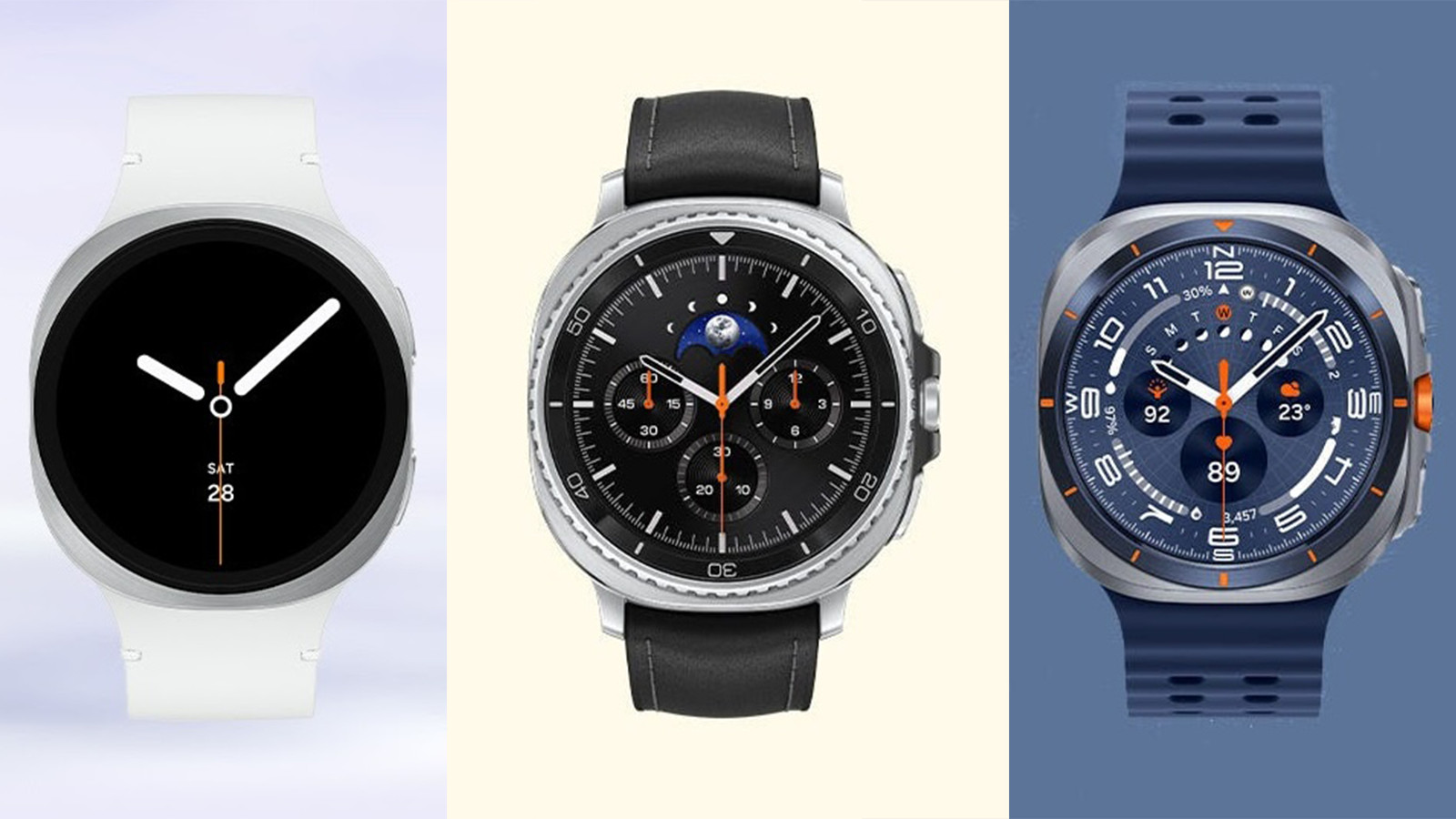xMEMS Sycamore speakers brings hi-fidelity audio to smart glasses
July 15, 2025 | by Admin

Many smart glasses come with built-in speakers. These are designed to allow users to listen to music while on the go without needing a pair of headphones or earbuds. They’re also perfect if you need to make calls and don’t want to hold your phone up to your face. However, these aren’t exactly hi-fidelity speakers. Sure, they’re functional, but are they the best? Far from it. However, this is something the folks at xMEMS Labs are trying to change with their new solid-state MEMS Sycamore speakers, designed with smart glasses in mind.
xMEMS Labs new Sycamore speakers
These new MEMS speakers are built specifically for smart glasses, and they’re tiny. We’re talking up to 70% smaller and 90% lighter than traditional coil-based speakers. That’s a big deal for glasses, where every gram counts and space is limited. Smaller speakers mean lighter frames, slimmer arms, and more room for things like sensors or batteries.
Despite their size, the Sycamore speakers don’t skimp on sound quality. The company claims that the Sycamore-N can hit 90dB SPL at 1kHz. This should be more than enough for clear near-field audio. The higher-end Sycamore-DQC can go even louder. This will be helpful if you’re trying to hear a voice assistant or take calls in a noisy environment.
They’re also rugged. Since they’re solid-state and made from silicon, there are no moving parts to wear out or break. They’re IP58 rated and can handle up to 10,000g of mechanical shock. Basically, they’ll survive your daily commute, a dusty hike, or whatever else your AI-powered day throws at you.
What are solid-state MEMS speakers?
First of, you might be wondering, what are solid-state MEMS speakers? The majority of speakers you see out there, such as desktop or hi-fi speakers, are made using coils, magnets, and cones. It relies on a physical diaphragm that moves and pushes air out to create sound.
These types of speakers are great, but the downside is that they’re bigger and require more space. However, with solid-state MEMS, it removes the need for moving magnets and coils and relies on piezoelectric actuation to create sound. This results in a different type of speaker design that is more compact and durable, and requires less power.
What xMEMS Labs is doing here isn’t just about improving audio. It’s also about improving the comfort of smart glasses by introducing lighter, louder, and longer-lasting speakers. The company does not mention which smart glasses will be adopting its new tech, but we might start seeing its incorporation in smart glasses coming out in 2026.
RELATED POSTS
View all


